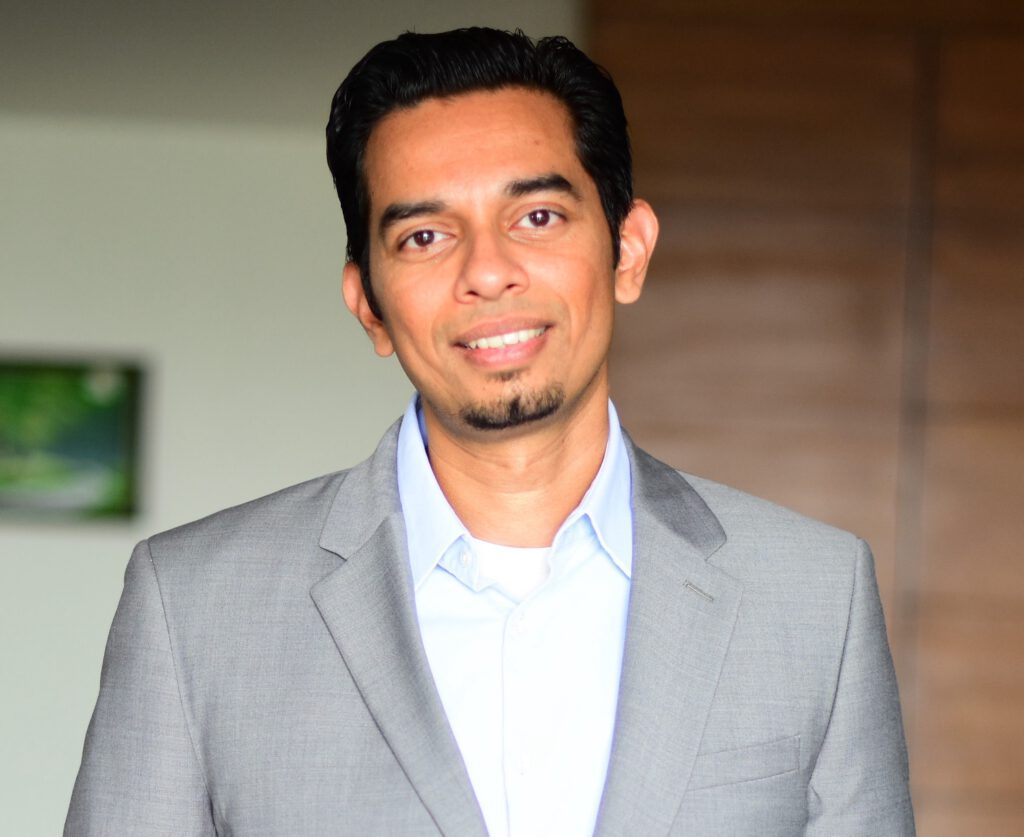- Lab Session |
A Lean Startup Dilemma in Deep-Tech?

Vinay will present empirical research on when Lean Startup–style approaches aid (or hinder) the commercialization and scaling of deep-tech startups. These ventures face technological, market, and regulatory uncertainty and depend on physical assets, making experimentation costly. While Lean methods work well in asset-light contexts (e.g., software) where risk is primarily market-based, their portability to deep-tech is unclear. In this setting, the problem is framed as a trade-off between a sequential strategy (phasing market exploration after technology) versus a parallel strategy (concurrent exploration with early market engagement). While a parallel approach accelerates learning and boosts the likelihood of short-term outcomes such as commercialization and funding, a sequential strategy is found to be better suited for achieving long-term success. The study offers boundary conditions for deploying Lean methods to science-based ventures but closes with a deeper question: does the pursuit of early commercial traction come at the cost of building the next big thing?
*Vinay is a doctoral fellow at the Wharton school, University of Pennsylvania and studies entrepreneurial strategy, deep science/tech and innovation. His research is informed by his extensive global career in investing and operating roles across the U.S., Europe and Asia. Prior to academia, he was a Managing Director at multiple VC and PE funds and was on the board of several ventures that scaled to "unicorn" status and/ or went public. Before that, he was an investment banker at Goldman Sachs (New York), Director of Corp Development at Flipkart and Product Engineer at Schlumberger. He has also been a long-time mentor of the IIT Madras Deep-tech Incubation Cell and other Accelerators. He has an MBA from Massachusetts Institute of Technology (Sloan), B. Tech from Indian Institute of Technology (Madras) and M.S (engineering) from University of Maryland.
Vinay Subramanian
Research Fellow & PhD Candidate at Wharton Management

